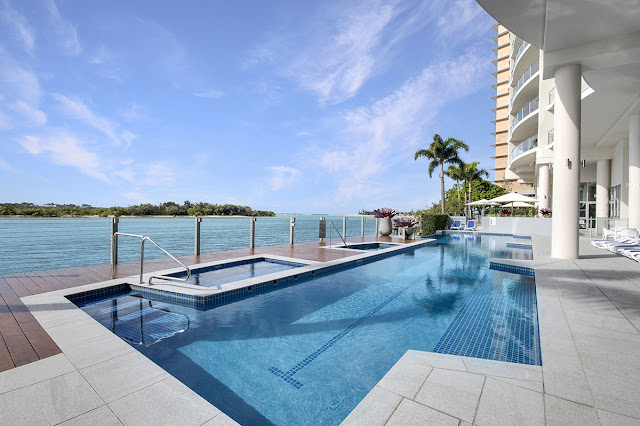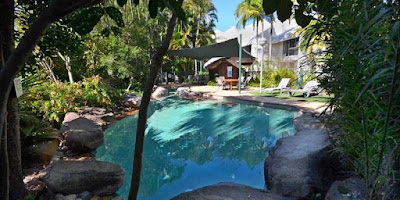What Type of Business Suites You?
Short-term letting (holiday and tourist)
Resort-style schemes in popular holiday or tourist areas have the potential to produce higher rates of return per lot than longer-term residential lots. However, while people will pay premium rates for holiday accommodation, especially in peak seasons, this advantage needs to be balanced against the demands that a high turnover of tenants makes on the manager and the seasonal nature of occupancy rates.
Longer-term letting (residential)
With a slower turnover, ranging from 6 to 12 months, long-term letting can be a lot less demanding than short-term letting. The rate of return is generally lower, but it’s easier to predict income and costs. It’s also essential to have good people skills, as strong relationships can be integral to your success.
Corporate (short-stay)
Schemes that target the corporate letting market with temporary self-contained accommodation can be quite lucrative. Flexible letting periods, prime locations, quality of accommodation and the level of services and facilities provided make charging a premium easier to justify.
Shared ownership (syndicates and partnerships)
Choosing partners, syndicate members or even family to share the cost of buying management rights can have advantages:
Important considerations:
Franchises
The concept of a franchise can be quite appealing, with its business development, administration and marketing support. But like franchises in the retail sector, you pay for your association with the franchise brand. Start by establishing whether the franchise will add value to your business and then, if you still like the concept, investigate the costs and benefits of several franchise models or brands while you’re shopping around for management rights.
Resort-style schemes in popular holiday or tourist areas have the potential to produce higher rates of return per lot than longer-term residential lots. However, while people will pay premium rates for holiday accommodation, especially in peak seasons, this advantage needs to be balanced against the demands that a high turnover of tenants makes on the manager and the seasonal nature of occupancy rates.
Longer-term letting (residential)
With a slower turnover, ranging from 6 to 12 months, long-term letting can be a lot less demanding than short-term letting. The rate of return is generally lower, but it’s easier to predict income and costs. It’s also essential to have good people skills, as strong relationships can be integral to your success.
Corporate (short-stay)
Schemes that target the corporate letting market with temporary self-contained accommodation can be quite lucrative. Flexible letting periods, prime locations, quality of accommodation and the level of services and facilities provided make charging a premium easier to justify.
Shared ownership (syndicates and partnerships)
Choosing partners, syndicate members or even family to share the cost of buying management rights can have advantages:
- You’ll have more cash in reserve
- You’ll have a committed partner to share the workload and give you more free time
- You can buy further up the market
Important considerations:
- It’s essential to have the roles, responsibilities and privileges of all parties clearly set out in a formal agreement
- Make sure your lawyer has current knowledge of commercial realities, management rights and partnerships
Franchises
The concept of a franchise can be quite appealing, with its business development, administration and marketing support. But like franchises in the retail sector, you pay for your association with the franchise brand. Start by establishing whether the franchise will add value to your business and then, if you still like the concept, investigate the costs and benefits of several franchise models or brands while you’re shopping around for management rights.


